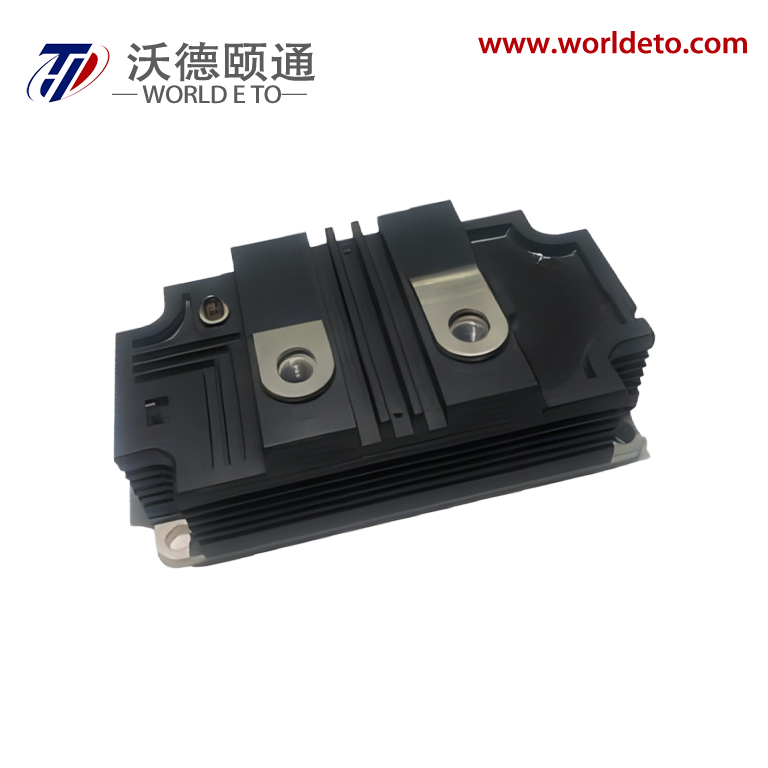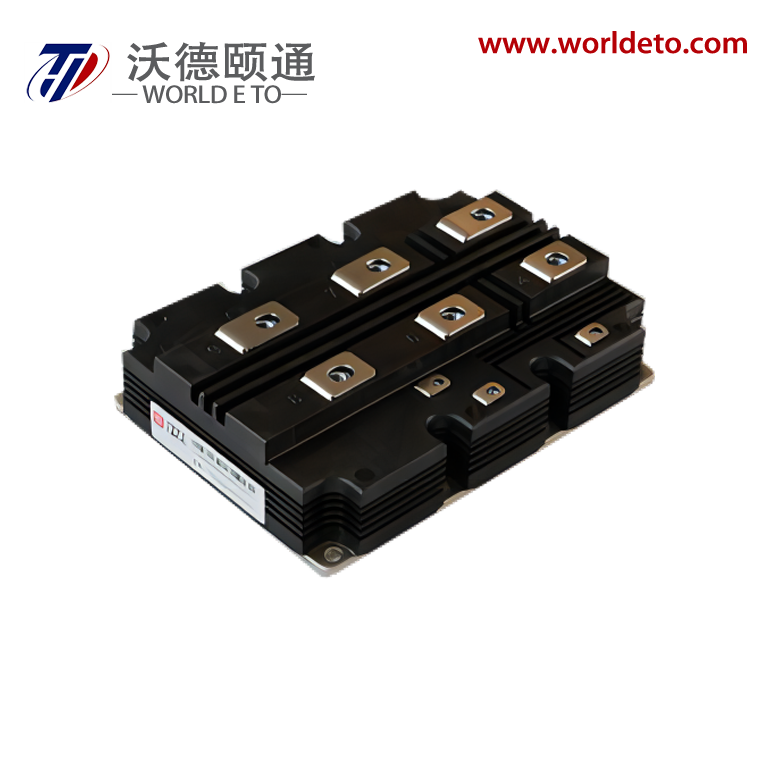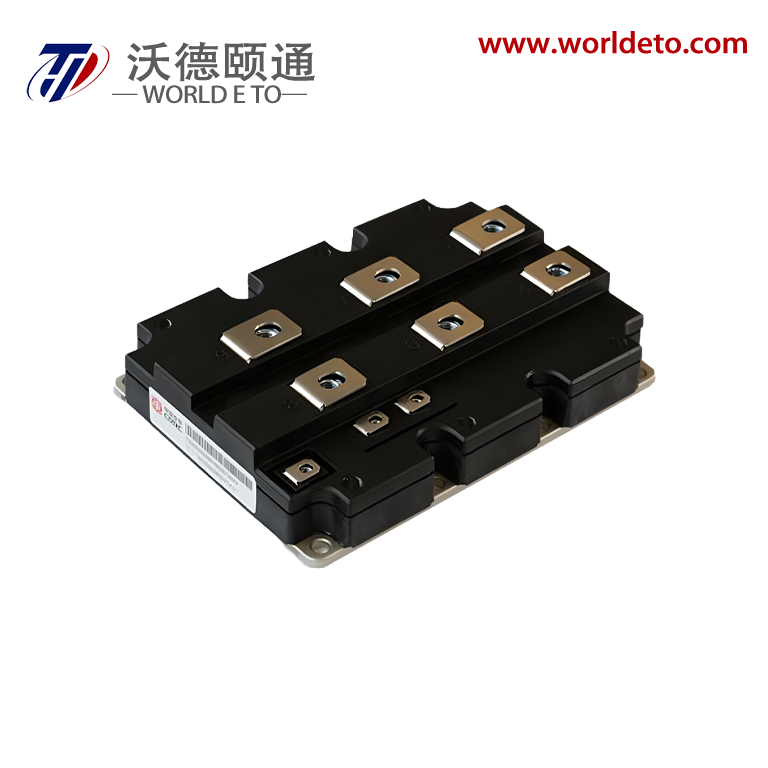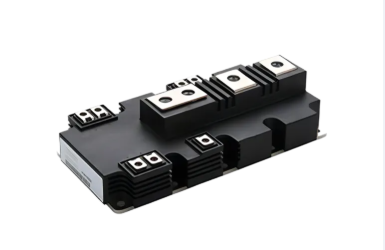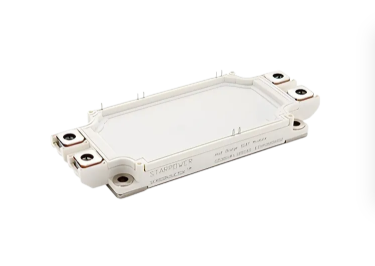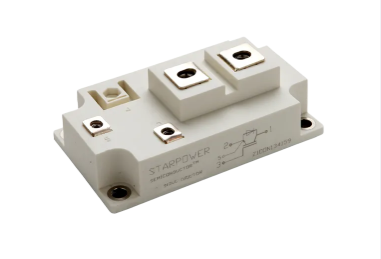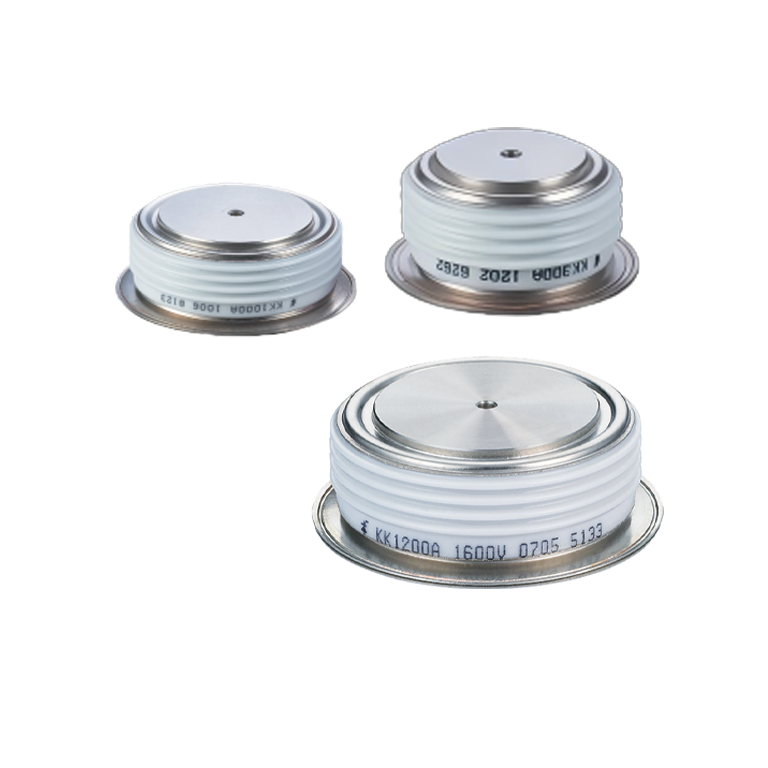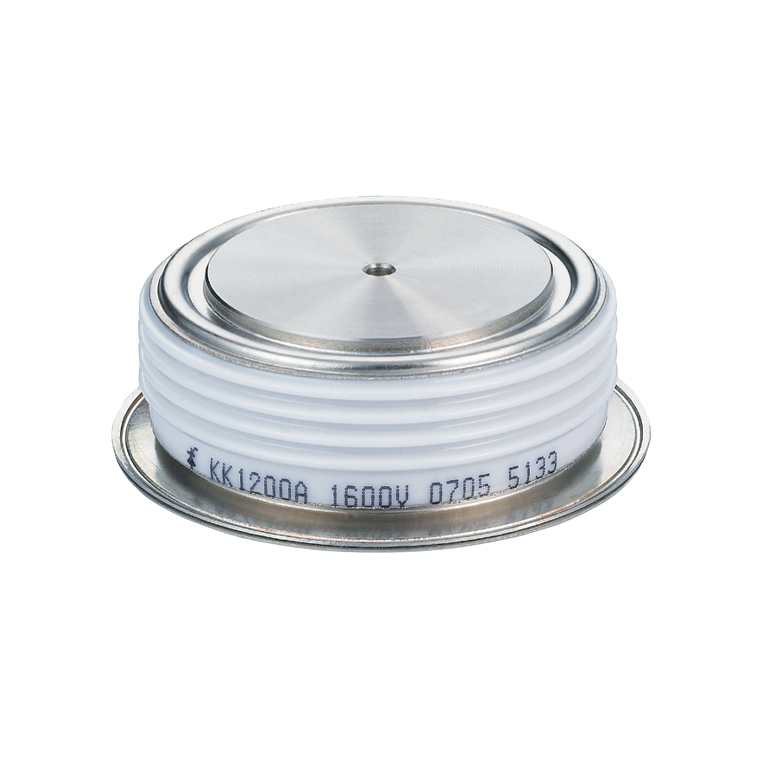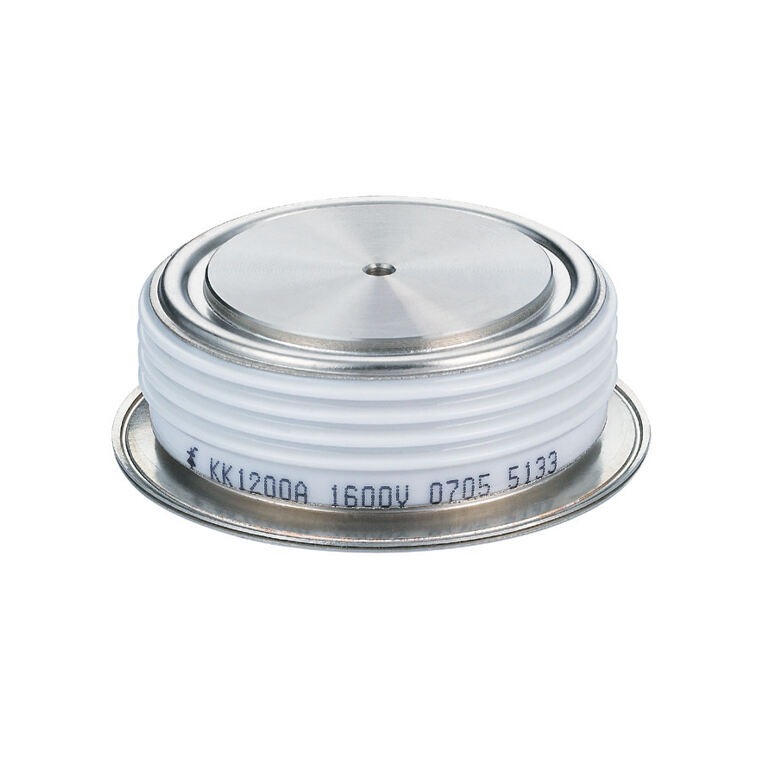robotic manufacturing systems
Robotic manufacturing systems represent a transformative force in modern industrial production, combining advanced automation technologies with precision engineering to revolutionize manufacturing processes. These sophisticated systems integrate multiple components, including robotic arms, sensors, control systems, and artificial intelligence, to perform complex manufacturing tasks with unprecedented accuracy and efficiency. The systems can be programmed to handle various operations, from assembly and welding to packaging and quality control, working seamlessly across multiple production lines. They feature advanced vision systems that enable real-time quality inspection and adaptive positioning, ensuring consistent product quality. The systems incorporate smart sensors that monitor operational parameters and detect potential issues before they affect production. Their modular design allows for easy scalability and adaptation to different manufacturing requirements, making them suitable for industries ranging from automotive and electronics to pharmaceuticals and consumer goods. These systems can operate continuously in challenging environments, maintaining optimal performance levels while reducing human exposure to hazardous conditions. They also feature sophisticated safety protocols, including emergency stop systems and collaborative modes that enable safe human-robot interaction when necessary.

